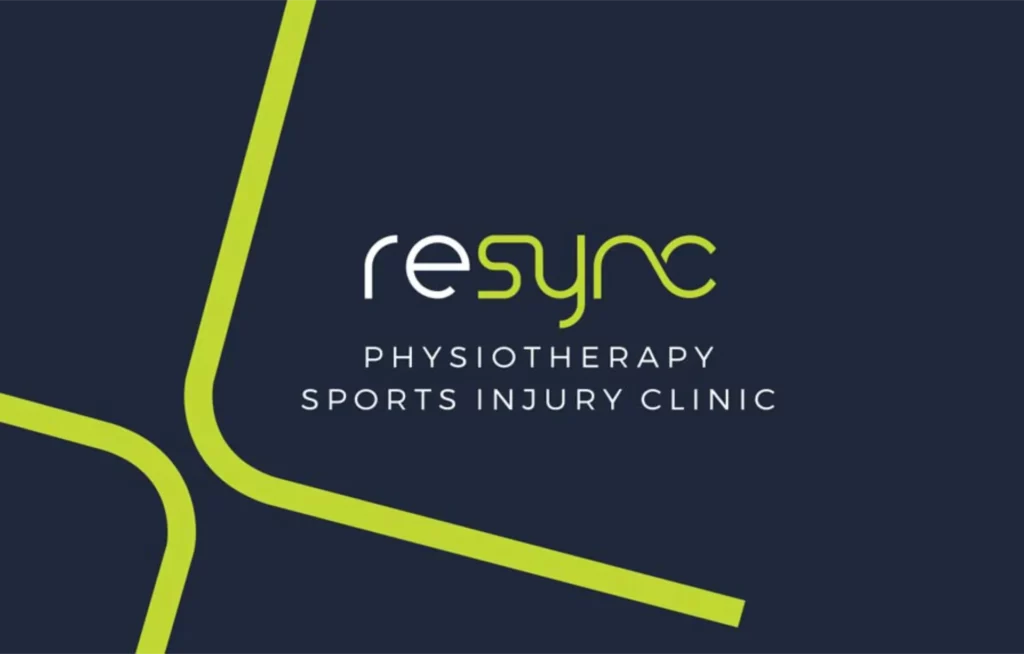Rotator Cuff Injuries
So you think you have a rotator cuff injury? this page will educate you on all you need to know about the injury from sympomts to treatment and if you have any question after reading this why not call us for a chat to see if physiotherapy is the right option for your.
Anatomy and Function of the Rotator Cuff
Shoulder pain, due to a rotator cuff injury, can be one of the most frustrating areas of the body to injure. That nagging pain can limit just about everything you do on a daily basis.
Essentially the rotator cuff is made up of 4 muscles and their tendons that surround the shoulder joint. The job of these muscles is to keep the upper arm in its socket and provide stability to the joint.
Injury to the rotator cuff will often result in inflammation of the tendons or a tear of the muscles caused by some form of micro trauma (partial tear). This can happen if you have overexerted yourself lifting something, fell on your arm or due to repetitive motions of the shoulder. This results in some level of pain and movement limitation. Simple things such as picking up a bag, or you child, and carrying them can’t be done pain free. Your shoulder may also be painful at night if you sleep on that side, resulting in poor sleep, and extra requirment of coffee the next day.
How do Rotator Cuff Injuries Typically Present?
The shoulder can be a troublesome area for everyone from athletes to manual labourers and especially people who do repetitive motions at work. The sportsperson with rotator cuff injury complains of pain with overhead movements such as swimming, throwing and playing racquet sports. Manual workers such as painters and plasterers are also highly susceptible to rotator cuff injury as they work with the arm overhead for long periods. In fact, most rotator cuff injuries are the result of wear and tear degeneration over several years. This is generally seen in people over the age of 40.
Office workers tend to irritate the rotator cuff by having reduced mobility in the upper back. This is caused by excessive time sitting at work, at a desk or commuting to work. A lot of office workers then attend a gym to strengthen but always miss out vital mobility exercises to keep that shoulder healthy.
A dull aching pain, weakness, loss of full movements and trouble sleeping on the affected shoulder are all typical signs of a degenerative rotator cuff.
Most common causes of Rotator Cuff Injuries
- Poor Mobility from sitting too much at work
- Bench pressing and shoulder pressing in the gym
- Painting a room and or window cleaning (for those not accustomed to it)
- Lifting heavy items at an awkard angle, for example reaching into back of the car)
- Repeative thorwing actions
- Sharp pull on a lead walking a large dog ( yes this is suprisingly common)
Factors associated with Rotator Cuff Injuries
- Poor Shoulder and Thoracic Mobility
- Inadequate Shoulder and Scapular Strength
- Overloading the Rotator Cuff Muscles (Sport/Work)
- Shoulder Instability
- Previous Shoulder Injuries
- Poor Lifting Technique
Prognosis
Rotator cuff injuries, such as a minor tears or inflammation, often respond well to physiotherapy treatments. With good management of the condition patients typically recover in 8-12 weeks. After the initial reduction of inflammation and pain, patients often neglect the underlying reasons for the issue in the first place. They return to doing the irritating repetitive movements and fail to recover fully from the injury. When pain and inflammation has settled, exercises to regain full movement should follow a graded strength and stabilising programme.
How can Physiotherapy help Rotator Cuff Injury?
The main aim of physio is to restore normal function such as Range of Movement, Strenthen and Neuromuscular control.
We can do this via a variety of techniques such as
- Individually tailored Strength and Mobility programme
- Stability exercises
- Soft Tissue Treatment
- Shockwave Therapy
- Pain reduction – Ice & Anti Inflammatories
- Advice on correct lifting and training techniques
In conclusion, to avoid rotator cuff injuries, you should:
- Increase the load on the shoulder gradually
- Try to avoid aggravating movements
- Strengthen the shoulder and scapular muscles
- Work on shoulder and thoracic mobility
- Ensure correct lifting technique from using weight and or bags shopping etc.
Our team are here to answer any questions or queries you may have about your pain/injury.

